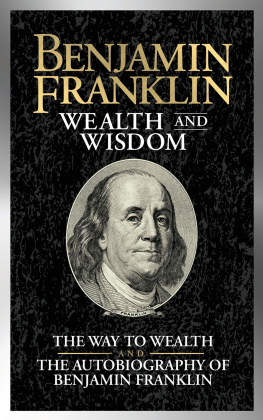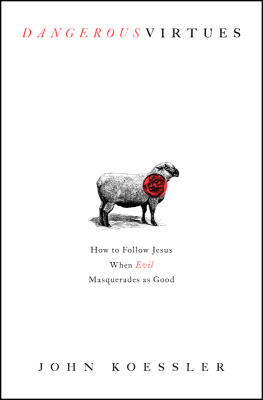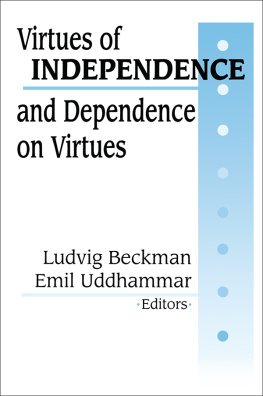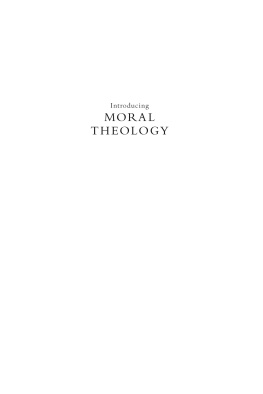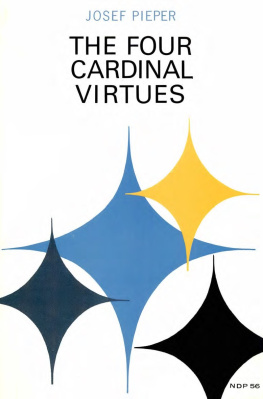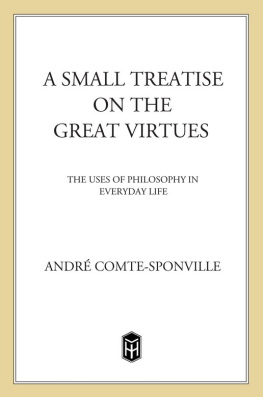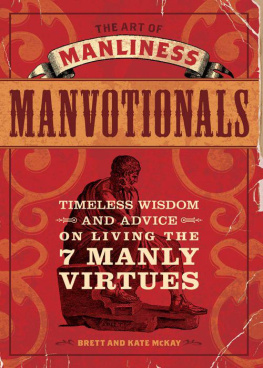
BOOKS BY TERESA JORDAN
Cowgirls:
Women of the American West
Riding the White Horse Home:
A Western Family Album
The Stories that Shape Us:
Contemporary Women Write About the American West, edited by Teresa Jordan and James R. Hepworth
Graining the Mare:
The Poetry of Ranch Women, edited and with photographs by Teresa Jordan
Great Ghost Towns of the West, with photographs by Tom Till
Field Notes from the Grand Canyon:
Raging River, Quiet Mind
Field Notes from Yosemite:
Apprentice to Place

Copyright 2014 Teresa Jordan
All rights reserved under International and Pan-American Copyright Conventions. No part of this book may be used or reproduced in any manner whatsoever without written permission from the publisher, except in the case of brief quotations embodied in critical articles and reviews.
Library of Congress Cataloging-in-Publication Data
Jordan, Teresa.
The year of living virtuously : weekends off / Teresa Jordan.
pages cm
1. Jordan, Teresa. 2. Conduct of lifeBiography. 3. VirtuesMiscellanea. 4. LifeMiscellanea. I. Title.
BJ1547.5.J67A3 2014
179'.9dc23
2014014420
Cover design by Natalya Balnova
Interior Design by Neuwirth & Associates
COUNTERPOINT PRESS
2560 Ninth St.
Suite 318
Berkeley, CA 94710
www.counterpointpress.com
Distributed by Publishers Group West
10 9 8 7 6 5 4 3 2 1
ebook ISBN: 978-1-61902-415-1
I need more to be alert than wise.
KIM STAFFORD, The Muses Among Us
The first step is introspectionexclusive contemplation of the self. But whoever stops there goes only halfway. The second step must be genuine observation outwardspontaneous, sober observation of the external world.
NOVALIS, Pollen and Fragments
FOR HAL
The patron saint of banjos and other more highly strung instruments
CONTENTS
I n the 1880s, a young Marcel Proust answered a series of questions in a friends confession album. The confession album was a British tradition, a friendship book that set out a series of questions meant to probe values, interests, and personality. The form intrigued Proust, and he answered the questions twice, at ages thirteen and twenty, and remained engaged enough by his own responses that he published them in a literary review many years later. Other luminaries enjoyed the form as well, including Queen Victorias second son, Alfred, and Claude Debussy. The confession album was a parlor game shared among friends, a sort of Facebook of its day. What we now call the Proust Questionnaire comes down to us as a staple of the celebrity interview, a popular and long-standing feature of publications such as The New York Times Magazine and Vanity Fair.
A few months ago, my husband, folklorist and public radio producer Hal Cannon, and I were asked to respond to a version of the Proust Questionnaire for an online magazine called 12 Questions. The publication focuses on folks who largely fly under the radar but are nonetheless, in the editors view, interesting people doing cool stuff. Flattered to be seen in such a light, we agreed.
Among other things, the questionnaire asked us to define virtue and sin. Hals definition of sin was simple but clear: making the world go backward through human action. I liked his response and adapted it for my own definition of virtue: making the world go forward through human action. I went on to explain that righteousness scares me to death and seems to underlie most of the really horrifying atrocities throughout history. I wrote that I appreciated my mothers take on things: she was a good-enough housekeeper, a good-enough mom, a good-enough friend, a good-enough wife and business partner in the Wyoming cattle ranch that made up our family enterprise. She had a strong sense of right and wrong, took responsibility for her transgressions, and had a generous and forgiving nature. Her husband and friends adored her, and so did I. Id like to follow in her footsteps, I wrote, but I get dogmatic at times.
The query had come by email, and like I do with so many things that stack up in the in-box, I dispatched my response with haste. Only later did I question my decision, when asked to condense my thoughts about virtue to a sentence or two, to invoke my mother. I admired her. We were close, and when she died during my junior year of college, it felt like the sun had fallen out of the sky. All these years later, her memory is a beneficent presence, a solid base of warmth and common sense that continues to inform me.
But at the time I responded to the questionnaire, I had nearly finished an experiment I called The Year of Living Virtuously (Weekends Off), an online journal inspired by Benjamin Franklins list of thirteen virtues and the seven deadly sins. For months, I had been counterpoising stories about how virtue and vice play out in ordinary life with the views of theologians, philosophers, ethicists, evolutionary biologists, and a whole range of scholars and scientists within the emerging field of consciousness studies. And with all these experts and ethicists to choose from, I singled out my mom?
It retrospect it is not so surprising that I offered a fragment of my mothers story to address a deep philosophical issue. Whether we embrace the family mores or react vigorously against them, for many of us, perhaps even for most, our basic ethical grounding begins at home. Her example gave me a shorthand entry into philosophical territory. In the way a picture is worth a thousand words, a story can take the place of a lengthy dissertation. The desire to enter into a discussion of virtue and vice through story was, after all, what led me to Benjamin Franklins list of virtues and provided the impetus for The Year of Living Virtuously (Weekends Off) in the first place.

Benjamin Franklin was in his early twenties when he embarked on what he called his bold and arduous project of arriving at moral perfection. He set out a list of twelve virtues he hoped to master, and then added a thirteenthhumilityafter a friend pointed out his prideful nature, a comment prompted, perhaps, by the sheer audacity of the undertaking. So much virtue all at once daunted even young Franklin, and he determined to concentrate on each merit in turn, a week at a time, charting his progress in a notebook by marking each transgression with a dot. Thirteen virtues divided the year tidily into four courses, and he expected that, by a number of courses, I should be happy in viewing a clean book.
Alas, Franklin never achieved a clean book, and from the vantage of his seventy-ninth year, he looked back on his youthful endeavor with bemusement, noting that I was surprisd to find myself so much fuller of faults than I had imagined. By that time, he had made peace with at least some of them, for something, that pretended to be reason, was every now and then suggesting to me that such extream nicety as I exacted of myself might be a kind of foppery in morals, which, if it were known, would make me ridiculous....
An adage about the Founding Fathers suggests that George Washington was first in war, first in peace, and first in the hearts of his countrymen, but Benjamin Franklin was first in everything else. A prodigious writer, inventor, scientist, statesman, diplomat, and revolutionary thinker, he introduced himself throughout his life as Benjamin Franklin, Printer, and he stood, above all, as Americas first great communicator. If hed had the technology, Im sure he would have been our first blogger as well. His virtue project, with its weekly attentions, is tailor-made for the form, and he would have enjoyed both the discipline and the public nature of the practice. Even near the end of his life, long after he had ceased keeping track, he used tales of his youthful earnestness to flirt with the ladies of Paris, and he sometimes regaled them with the ivory slates that had replaced his original charts on paper.
Next page

